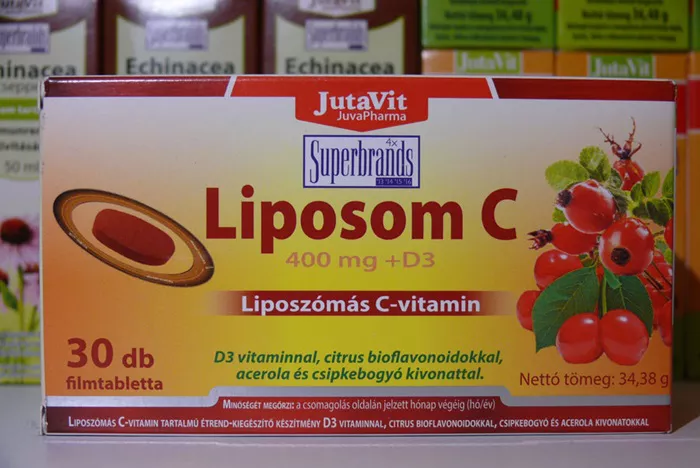The Department of Health has issued a public health warning urging individuals who have experienced diarrhoea to avoid swimming pools, water parks, and other aquatic facilities following a significant rise in Cryptosporidiosis cases in Western Australia.
In February 2025, the state reported an average of 70 cases of the diarrhoeal disease each week, a figure well above the seasonal increase typically observed during summer.
Cryptosporidiosis is caused by a microscopic parasite that infects the gastrointestinal tract, leading to symptoms such as diarrhoea, stomach cramps, and, in some cases, fever, nausea, and vomiting.
The disease is highly contagious, spreading easily in household settings, childcare facilities, and through contaminated water in swimming pools, water parks, interactive fountains, and spas.
Dr. Michael Lindsay, Executive Director of Environmental Health, highlighted that the parasite can be transmitted through water. “An infected person can spread Cryptosporidiosis to others if they do not wash their hands properly after using the toilet. Waterborne transmission can occur when individuals inadvertently ingest contaminated water while swimming,” Dr. Lindsay explained.
He further cautioned that individuals may remain infectious even after their diarrhoeal symptoms have resolved. “That’s why we’re advising people to refrain from swimming for at least two weeks after their symptoms have subsided.”
The parasite is notably resilient, surviving for extended periods in water and the environment, and is not eliminated by routine chlorination procedures. As a result, aquatic facilities must implement rigorous water treatment protocols, particularly following any faecal incidents, to maintain water cleanliness.
“The Department’s primary focus is to prevent further cases by raising awareness about hygiene practices in pools and encouraging precautions to reduce the risk of transmission in both childcare settings and households,” Dr. Lindsay added.
Cryptosporidiosis symptoms may take up to 12 days to appear after exposure, and individuals can be contagious from the onset of symptoms until two weeks after they resolve.
While there is no specific treatment for Cryptosporidiosis, symptoms typically last a few weeks, with some individuals experiencing prolonged illness. Certain groups, including young children, pregnant women, and those with weakened immune systems, are at a higher risk of severe illness if infected.
Public health officials are urging individuals to follow recommended hygiene practices to help curb the spread of this disease.
Related Topics































